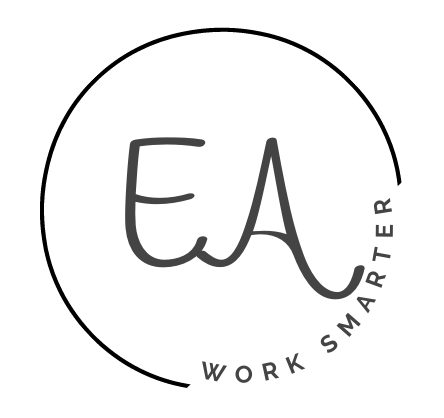As a teacher, if you feel like you don’t have enough time in the day to incorporate enough writing activities, consider using quick writes.
Similar to daily writing prompts, these quick writing assignments boost writing production and engagement of students yet they require less time to implement.
Whether students need to write an essay quickly or respond to a prompt fast, the quick write strategy is effective for both purposes.
Additionally, they can be used in person or in distance learning.
What Are Quick Writes?
Quick writes are first-draft writing assignments of two to three minutes that kick-start students’ writing.
These uncensored responses help students to generate seed ideas that may be later fully developed into a writing piece.
They may be used to help students communicate their reactions or thoughts about something they have experienced, read, or seen.
To do a quick write, students are provided a quick write prompt in order to stimulate thinking.
They then respond to the prompt as quickly as possible for two to three minutes, recording all thoughts and ideas that come to mind.
The purpose of a quick write is to get as many words as possible onto the paper.
Once the ideas are recorded on paper, students now have a bank of ideas to pull from when they are ready to move forward with creating a full piece of writing.
Benefits of Quick Writes
1. Using them during instruction requires less planning compared to standard writing prompts.
2. Students who struggle with spelling and writing conventions may feel less anxious when responding to quick writes since the point is to get thoughts onto paper and not to focus on mechanics. This builds writing confidence, too.
3. They provide frames and ideas for students so that they are not stuck in a writing void.
4. They encourage students to write more frequently but for shorter periods of time. Doing so allows for the exploration of more writing genres and tasks.
5. Quick writes help students to grow as writers. The more students write, the more opportunities they have to practice applying writing skills and strategies.
What Are Some Examples of Quick Write Activities?
- Describe a sequence of directions or instructions.
- Use as a formative assessment to gauge how well students grasped a concept.
- Ask students to complete a graphic organizer as a quick write in response to a book.
- Generate relevant questions after reading or watching content.
- Have students respond to quick writing prompts.
- Brain-dump everything about a topic (great for assessing prior knowledge about a topic).
- Utilize as exit ticket questions and/or prompts.
- Record as notes from a film or video.
- Draft a quick email, letter, or memo to someone about a specific topic.
- Complete the L portion of a KWL chart.
- Jot down notes while reading to reinforce reading comprehension.
- List steps of a process.
- Request that students write a quick write in response to a visual writing prompt.
- Note facts and supporting information about a topic.
- Caption, label, and interpret charts, illustrations, and/or diagrams.
- Brainstorm ideas for something.
- Define a concept using examples and facts.
- Summarize the main idea of a book or video.
- Reflect upon what worked and what didn’t work well during an assignment or project.
For more examples and teaching ideas, see the Quickwrite Handbook.
Using Questions for Quick Writes
One of the most powerful ways to use quick writes in the classroom is to use them as question prompts.
Doing so helps students to process and retain information related to whatever was taught in the lesson.
The following is a list of questions that fit well in all subject areas…
- What is the main idea of what you just learned?
- How could this lesson, book, or film be made clearer so that you comprehend it better?
- Did you encounter any confusing parts? Where?
- What was the most important idea you learned today?
- How can the teacher further aid your understanding of the matter?
- What do you already know about this topic?
- Where have you seen or heard this term before?
- Are there any lingering questions you still have?
- Which concepts are you eager to explore more?
- What’s your reaction to this part?
- How would you summarize what you just read?
Final Thoughts On Quick Write Strategy
Writing tasks don’t have to be long in order to be considered effective.
Daily quick writes – informal writing assignments that take no longer than 5 minutes to administer – make it possible.
